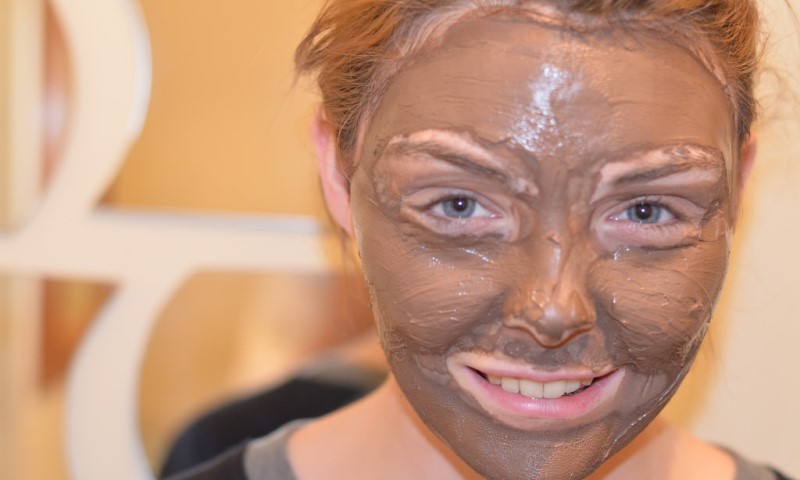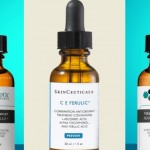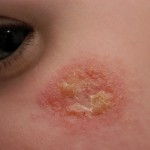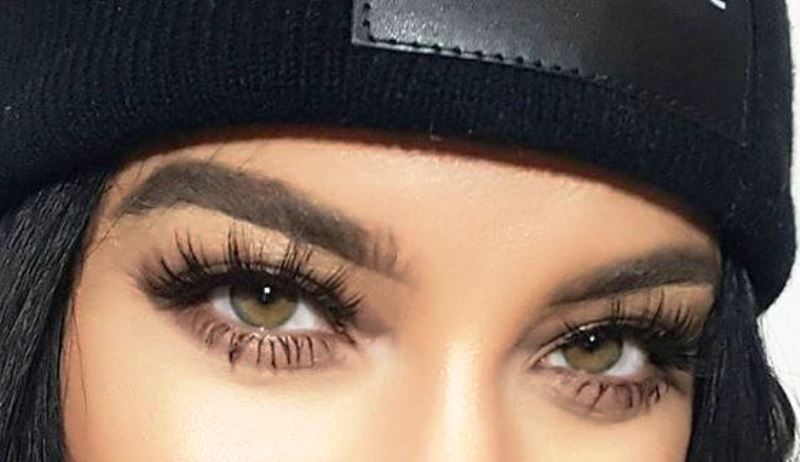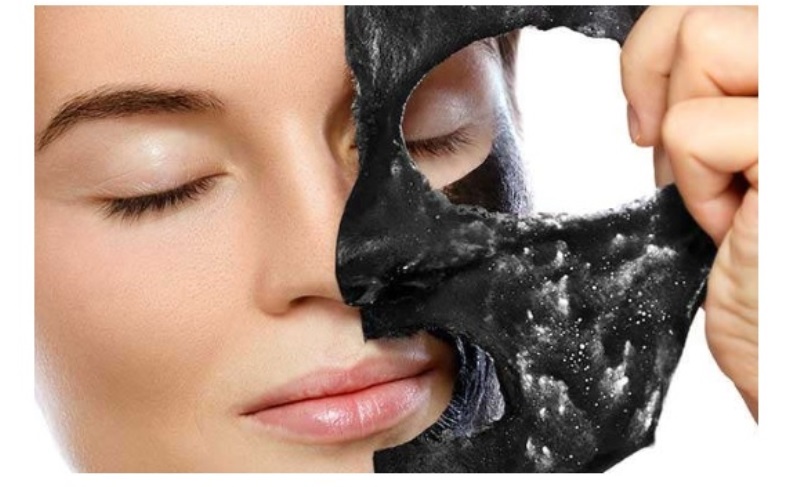You may be very particular about using fruits, veggie and all things natural for skin care, but if you are missing out on the vitamins, then you might be making a rookie beauty mistake.
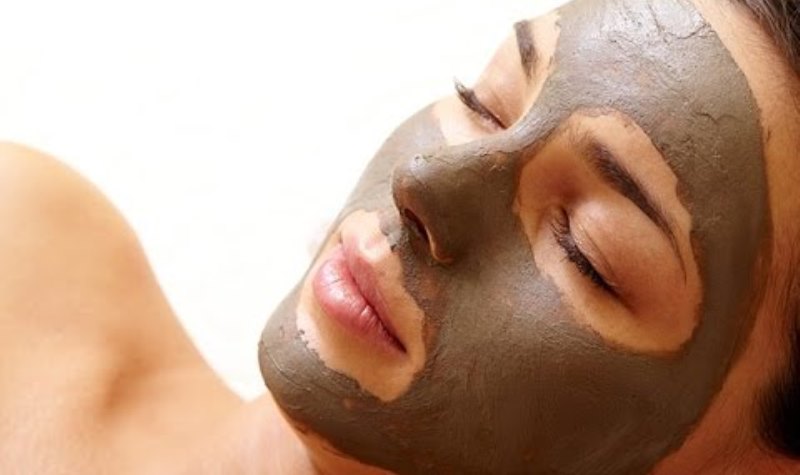
Image source: Youtube
According to research, the requires essential nutrients to slow down the process of aging. For this a well-balanced diet is crucial, where you eat a plethora of healthy foods that help your skin remain supple and shining. However, according to Mary Lupo, MD, clinical professor of dermatology at Tulane University School of Medicine,
“The body delivers only a certain percentage of vitamins to your skin, no matter how much you ingest.”
Hence you need to make sure the vitamins reach your skin. And the best way to do that is by applying vitamins to give your skin antiaging benefits, to improve the texture of your skin, to enhance the tone of your skin working specifically on your under-eye circles and fine lines near the mouth.
In today’s post, we will tell you everything about the 4 best vitamins for skin care.
Suggested read: Here Are The Best Tips For Glowing Skin You Need To Try Right Now
Vitamins for skin care
1. Vitamin A

Image source: Pixabay, under Creative Commons License
Vitamin A will help you fight age. It will keep wrinkles at bay and keep your skin looking young for a long time. You can find vitamin A (or its derivative retinoid) in night creams and many body lotions.
Benefits of applying vitamin A on the skin include
• Reduction of wrinkles
• Smoothing of skin roughness
• Reduction and fading of brown and red skin spots
According to Doris Day, MD, assistant clinical professor of dermatology at New York University Langone Medical Center,
“There are more than 700 published studies on retinoids—they’re tried-and-true ingredients. Anyone who wants younger-looking skin should use one.”
According to a report of Oregon State University,
“Clinical signs of photoaging include fine and coarse wrinkles, mottled hyperpigmentation, actinic lentigines, freckles, roughness, telangiectasia, and sallowness. These traits are reflective of histological changes in both the epidermis and dermis in sun-exposed skin.
Topical retinoids lead to visible improvement in fine wrinkling, smoothness, and hyperpigmentation of photodamaged skin. Topical retinoids induce a number of histological changes in both the epidermis and dermis, and it is thought that changes in dermal collagen underlie the observed clinical improvements. Both clinical and histological skin parameters return to baseline upon discontinuation of topical application of retinoids; thus, a long-term maintenance regimen is necessary to sustain retinoid-induced improvements.”
To use vitamin A or retinoid, the best time is at night because sunlight inactivates vitamin A, leaving it inefficient.
You can try prescription retinoid, as that will work faster and take only 4 to 8 weeks to show signs of improvement. However, there is a flipside to this, and that is, retinoid can irritate your skin. It can cause your skin to become aggravated. It can cause scaling and even flaking. Therefore, if you are a beginner, then it is best that you use OTC products because the retinol in them converts slowly into retinoic acid.
Apply a prescription retinoid for at least the first couple of weeks to avoid skin irritation. Use just a dime size amount of the cream for your entire face.
2. Vitamin B3

Image source: Pixabay, under Creative Commons License
Try vitamin B3 to improve hydration of the skin and to reduce redness. Applying vitamin B3 will help increase the production of ceramides and fatty acids, which are very important components of our skin’s protective barrier. According to Leslie S. Baumann, MD, director of the University of Miami Cosmetic Medicine and Research Institute,
“As that barrier is strengthened, skin is better able to keep moisture in and irritants out—making B3 a great ingredient if your complexion is dry or sensitive.”
According to the Skin Clinic,
“Nicotinamide has been shown to enhance the repair of DNA damage to cells (keratinocytes) within upper layer of the skin reversing the adverse effects of ultraviolet light. It also appears to prevent sun induced immune suppression. It does not work as a sunscreen so sun protection is still required.”
You will find vitamin B3 in body lotions, creams as well as in serums. According to a study, a moisturizer that contains niacinamide can help improve the redness caused by rosacea, a skin condition that gets worse with age.
Vitamin B3 also helps prevent the transfer of pigment to skin cells, thus minimizing the occurrence of dark spots on the skin. It should be applied both in the morning and in the vening for maximum benefit. Using vitamin B3 along with niacinamide will help reduce the irritation caused by the retinoid. According to Leslie, you can mix the two in your palm and apply.
Suggested read: Oily Skin Type? Then, You Are Making THESE Skin Care Mistakes
3. Vitamin C

Image source: Pixabay, under Creative Commons License
Rich with antioxidants that slow down the process of aging vitamin C can be easily found in many citrus-based moisturizers that come in airtight containers. These containers better be opaque, since vitamin C can react with the UV rays and not be as beneficial as it is otherwise.
When investing in a moisturizer with vitamin C, ensure that the formula contains 5 per cent or high concentration. This is necessary for visible skin care benefits.
Vitamin C is known to fight free radicals, which in turn, helps stop the formation of wrinkles or sagging of the skin. The vitamin also helps make the skin smoother and firmer, while fading out the brown skin spots.
According to a study, people who use cream with a vitamin C base are more likely to treat their sun-damaged skin. Also, skin discolorations and fine lines are treated by the vitamin in no time.
The Oregon State University, in a study, states,
“Higher intakes of dietary vitamin C have been correlated with a decreased risk of dry skin (51), suggesting that ascorbic acid may have effects on trans-epidermal water loss (TEWL). In cell culture models, addition of vitamin C promotes the synthesis of barrier lipids, which would establish a functioning stratum corneum with low water permeability. One study using topical vitamin C in human subjects correlated its use with decreased skin roughness. However, another study suggested vitamin C increased TEWL when applied to the skin. Thus, the effects of vitamin C on skin dryness are not clear.”
To use vitamin C, apply it in the morning before you apply your sun block. It will help you protect your skin from the free radicals generated by Ultraviolet rays of the run. Also, go for a product that has both vitamin C and vitamin E. The two when applied together provide 4 times more protection from free radicals than when applied separately.
4. Vitamin E

Image source: Pixabay, under Creative Commons License
To treat the dryness of the skin, try vitamin E. It also helps improve the UV defense of the skin when used in conjunction with vitamin C, as I just mentioned in the last paragraph.
According to a number of skin care studies, vitamin E protects the skin like no other nutrient. The unsuitable molecules that the skin absorbs when exposed to cigarette smoke are effectively reduced in number by vitamin E.
You will find the vitamin in sunscreens and other after-sun products. In antiaging creams, you need to ensure that there is at least one percent vitamin E for it to be of use.
The vitamin will quench the thirst of the skin, and moisturize it thoroughly. Not just that it will also help the skin retain the moisture for a longer time. Vitamin E neutralizes free radicals that are known to damage the skin and cause it to age faster.
Vitamin E as an anti-inflammatory agent works wonders. According to the Oregon State University,
Vitamin E has been considered an anti-inflammatory agent in the skin, as several studies have supported its prevention of inflammatory damage after UV exposure. As mentioned above, topical vitamin E can reduce UV-induced skin swelling, skin thickness, erythema, and edema — all signs of skin inflammation. In cultured keratinocytes, α-tocopherol and γ-tocotrienol have been shown to decrease inflammatory prostaglandin synthesis, interleukin production, and the induction of cyclooxygenase-2 (COX-2) and NADPH oxidase by UV light, as well as limit inflammatory responses to lipid hydroperoxide exposure. In mice, dietary γ-tocotrienol suppresses UV-induced COX-2 expression in the skin. Furthermore, topical application of α-tocopherol acetate or a γ-tocopherol derivative inhibited the induction of COX-2 and nitric oxide synthase (iNOS) following UV exposure. In vitro studies have shown similar anti-inflammatory effects of α- and γ-tocopherol on immune cells.
Many of these anti-inflammatory effects of vitamin E supplementation have been reported in combination with its photoprotective effects, making it difficult to distinguish an anti-inflammatory action from an antioxidant action that would prevent inflammation from initially occurring. Despite these limitations, there are many reports of vitamin E being used successfully in chronic inflammatory skin conditions, either alone or in combination with vitamin C or vitamin D, thus suggesting a true anti-inflammatory action.”
Vitamin E serums or creams should be applied before and after serious exposure of the skin to the sun.
Suggested read: Time To Switch: How To Change Your Winter Skin Care Routine For Summer
That is all we have on today’s post on the essential vitamins for skin care. Did you like what you read? Let us known in the comment section below.
Also, for more on everything from skin and hair care, to makeup and fashion tutorials, sign up for our daily newsletter today. See you next time!
Featured image source: Google, copyright-free image under Creative Commons License
